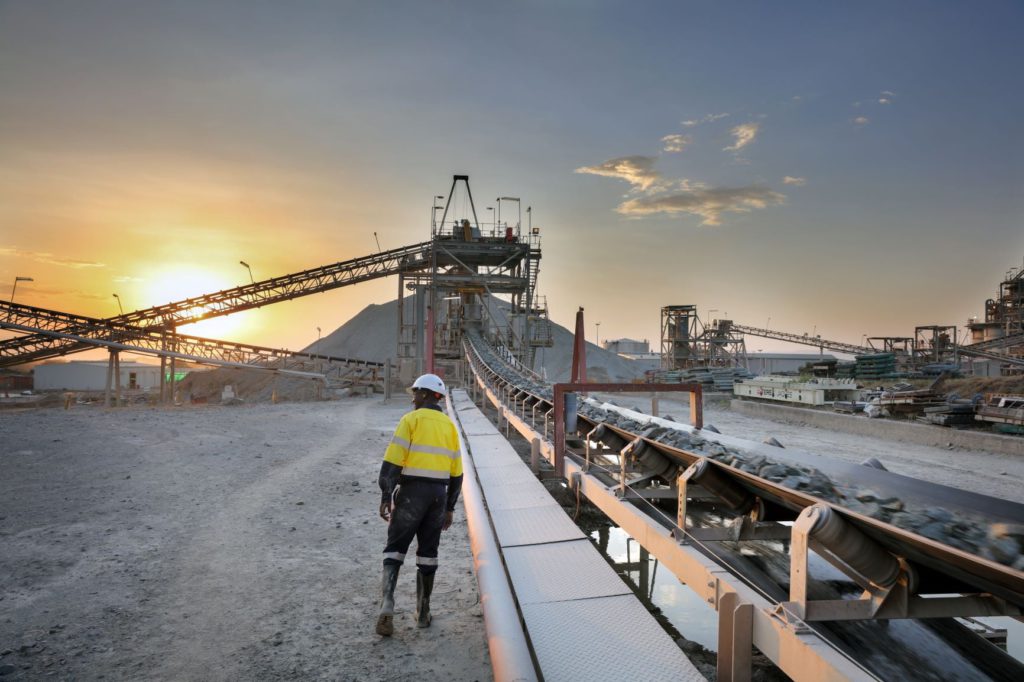Barrick Gold ups its ESG game in Tanzania

Barrick Gold (NYSE: GOLD) (TSX: ABX) said on Friday it would spend $6 for every ounce of gold sold by its two mines in Tanzania on improving healthcare, education, infrastructure and access to potable water in the surrounding communities.
The Canadian gold miner, which inherited the North Mara and Bulyanhulu gold mines in the country with the re-acquisition of Acacia Mining in September 2019, also said it had committed up to $70 million for value-adding national projects.
These include mining-related training, skills development and scientific facilities at Tanzanian universities, as well as road infrastructure.
Chief executive Mark Bristow said that since resuming operations in Tanzania, Barrick has worked on rebuilding relations with the State and renewing its social licence to operate there.
The world’s second-largest gold producer was embroiled in a battle with the Tanzanian government that began in March 2017, when the country banned the export of gold and copper concentrates. The move aimed to pressure mining companies into doing more smelting and refining locally.
The export ban was soon followed by a series of allegations against Barrick’s defunct African subsidiary, Acacia Mining, including accusations from the government that the company was avoiding taxes by underreporting the value of its mineral exports from the country.
The Toronto-based miner ended the long-running row with a deal inked last year, which allowed the government to take stakes in three gold mines Acacia had in Tanzania.
Tier One status
Barrick now considers North Mara and Bulyanhulu gold mines as tier one assets. This means they have a reserve potential to deliver a minimum 10-year life, annual production of at least 500,000 ounces of gold and total cash costs per ounce over the mine life that are in the lower half of the industry cost curve.
The company, however, still faces allegations of being somehow tied to local police’s abuse of force around the mines it runs in the African nation.
A UK-based corporate watchdog said in a recent report that since Barrick took operational control of the North Mara mine, at least four people have been killed and seven others seriously injured by local police, sometimes after villagers enter the site in search of waste rock.
RAID’s fresh allegations, which follow the group’s interviews with more than 90 people over the past 28 months, highlight current challenges to miners’ attempt of overhauling their relations with local communities at a time of rising investor scrutiny on environmental and social issues.
Barrick has repeatedly said the allegations, particularly the RAID report, are misleading, as local police operate independently while hired security within the mine site is performed by unarmed employees of a local company.
{{ commodity.name }}
{{ post.title }}
{{ post.date }}




Comments